Pathways Improvement Scope
According to CDE’s College/Career 2022 Report for Alhambra Unified School District:
– The graduating cohort made up of Asian 56.7%, Hispanic 35.3%, English Learners 20.6%, Socio-economic disadvantaged 79.6%, Students with Disabilities 8.4%, Foster Students 0.9%).
– Of the graduating cohort, 17.6% of students completed a Career Technical Education (CTE) pathway (Breakdown-Asian 20.9%, Hispanic 13.4%, English Learners 12.3%, Socio-economic disadvantaged 16.2%, Students with Disabilities 4.9%, Foster Students 18.8%)
– Of the graduating cohort, 5.6% of students completed two or more College Credit Courses (Breakdown-Asian 6.3%, Hispanic 4.3%, English Learners 1.7%, Socio-economic disadvantaged 5.6%, Students with Disabilities 0%, Foster Students 6.3%).
Challenges:
– Regional priorities, as well as job market trends, indicate a need to focus on the following sectors: Health, Information & Communication Technologies/Digital Media Sector, Public Safety, Education & Human Development and Business & Entrepreneurship. There is also an need to increase opportunities for students to take courses that are UC and/or CSU transferrable, as well as earn certificates and certification, related to the identified sectors.
– Alhambra USD currently offers CTE pathway courses during the school day covering the industry sectors mentioned. However, not all students are able to enroll in the CTE pathway courses. Some of the reasons include number of interested students exceeds the number of seats available in the CTE pathway courses, seniors have priority in classes (leading to seniors enrolling in multiple first year CTE courses, which limits opportunities for non-seniors to enroll in first year CTE courses), and limitation of the master schedule that leads to student class conflicts with core academic courses. Based on data above, the % of students completing a CTE pathway OR two or more College Credit Courses for the targeted subgroups is underrepresented and does not reflect the overall graduating cohort. There is a need to provide equitable access to career related courses (through CTE and college credit courses) for students. Targeted sub groups are: At-Promise (low attendance/grades/motivation), First generation College-Bound Students, Unduplicated Pupils (English Learners, Students of Low Socioeconomic Status, Foster Youth), and Students with Disabilities.
Goals & Priorities
– Increase access for students to enroll and complete Career Pathway classes in the sectors identified as priority sectors and/or fastest job growth (Los Angeles Regional Plan 2023 Update).
Targeted sub groups to reduce equity gap: At-Promise (low attendance/grades/motivation), First generation College-Bound Students, Unduplicated Pupils (English Learners, Students of Low Socioeconomic Status, Foster Youth), and Students with Disabilities.
– Complete college credits courses that are UC and/or CSU transferrable (supports CCC Vision of Success- students transferring to a UC or CSU)
– Provide opportunity to earn different levels/types of certifications (supports CCC Vision of Success-students acquiring credentials, certificates or specific skill sets for job preparation)
ELAC Skills Certificate (with option to work toward other types of certificates- including Certificate of Achievement or Skills Certificate in a related field).
Certification through Precision Exams- a 3rd-party certification that incorporates industry standards/input
Industry recognized certification (QuickBooks, Child Development Permit through the California Commission on Teacher Credentialing)
– Provide systematic career exploration and targeted career guidance, as well as course/pathway progress monitoring support.
Targeted sub groups support to reduce equity gap: At-Promise (low attendance/grades/motivation), First generation College-Bound Students, Unduplicated Pupils (English Learners, Students of Low Socioeconomic Status, Foster Youth), and Students with Disabilities.
– Expand work-based learning opportunities
Access to internships, guest speakers, and field trips related to the industry sectors of focus.
– Establish different levels of outreach
Monthly Student/Parent/Community Workshops to support with increasing workforce knowledge, as well as academic success
Industry Sector(s) Or Pathway(s)
Business and Finance (CDE) Education, Child Development, & Family Services (CDE) Health Science and Medical Technology (CDE) Information and Communication Technologies (CDE) Public Services (CDE)
Additional CCD Partners
